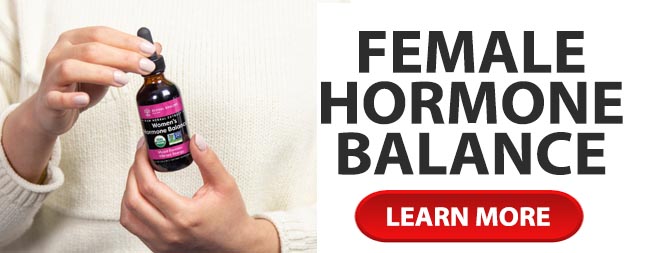Folic acid, which is sometimes called folate, is a part of the vitamin B complex vitamins.primary development of a baby the federal government actually enriches orange juice and other grain products with folic acid in order to help ensure an adequate amount of this vitamin in the bodies of childbearing women. (1)
Repeated studies have shown that women who do get 400 mcg per day before conceiving a child will reduce the risk that their baby is born with a serious birth defects involving incomplete development of the brain and spinal cord by up to 70%. These defects are called neural tube defects because they involve the development of the nervous system. (2)
The most common neural tube defect is spina bifida which is an incomplete closure of the spinal cord and spinal column as well as anencephaly, which is a severe underdevelopment or absence of the brain. All of these defects will happen in the first 28 days of a pregnancy, usually before a woman even know she\’s pregnant. This is the reason why it is so important for women to receive enough folic acid who are of childbearing years. Because only 50% of pregnancies are planned, not just those who are planning to get pregnant should be aware of the amount of folic acid they are getting.
Folic acid is a water-soluble B complex vitamin and is the most stable form of the vitamin. Folate is found in foods as well is in metabolically active forms of the human body, but folic acid occurs rarely in food and more commonly in vitamin supplementation and fortified foods.
Folate also helps keep the blood healthy and not receiving enough can cause a specific type of anemia. This medical condition means that your red blood cells are either fewer in number or less able to carry oxygen from the lungs. This makes it hard for the cells of the body and brain to function appropriately leaving people feeling tired, headache, sore mouth and tongue or pale skin.
Foods that are high in folate include beans and lentil, peas, juices, oranges, honeydew, avocado, raspberry, green leafy vegetables, cauliflower, potatoes, green onions, nuts, sunflower seeds, peanut butter, liver and giblets. Because of the importance of receiving enough folic acid other things are fortified with this vitamin including breakfast cereals, breads, flours, pasta, corn meals and white rice in an effort to reach as many women in the childbearing years as possible.
The folate that we get from foods will not cause problems if eaten in large amounts but it is possible to get too much folic acid in a vitamin supplement. Taking more than 1000 mcg a day can cause nerve damage in people who do not have enough vitamin B12.
Pregnant woman have the option of being tested for neural tube defects using an alpha aceto-protein tests. This is a blood test which is done between week 16 and 18 gestation and measures a substance that is produced by the baby. The level will peak between 30 and 32 weeks but abnormal amounts of alpha-fetoprotein may mean that the baby has a neural tube defect. In other cases women who are carrying twins, who may have a problem with the placenta, who have diabetes or liver disease themselves may also have an elevated alpha-fetoprotein tests. Other birth defects which may be present are severe kidney disease, liver disease, intestinal blockage, down syndrome, urinary obstruction or osteogenesis imperfecta.
A woman who has an elevated alpha-fetoprotein tests may opt to get a second test, an ultrasound or an amniocentesis to confirm the results. Because of the severity of the problems related to low folic acid levels in a woman\’s body prior to conception it is of significant importance for women to pay close attention to their dietary habits and their plans for children.
(1) Linus Pauling Insitute: Folic Acid
(2) Duke Center for Human Genetics: Neural Tube Defects

